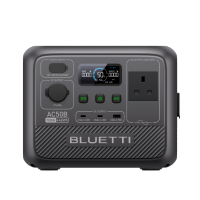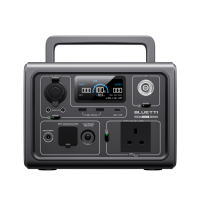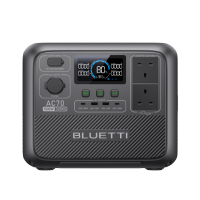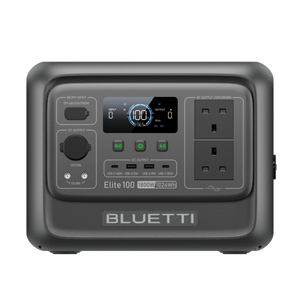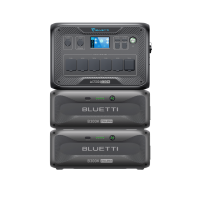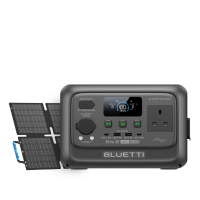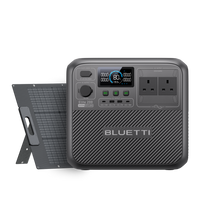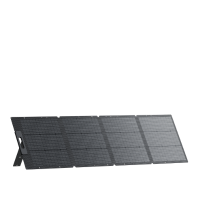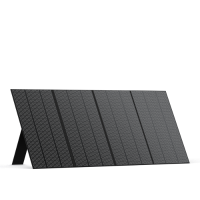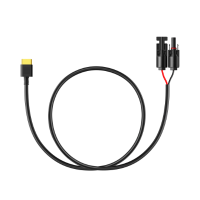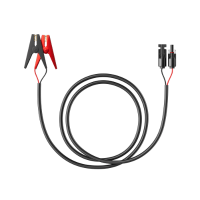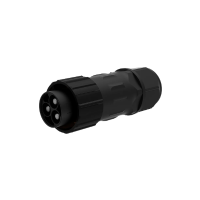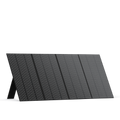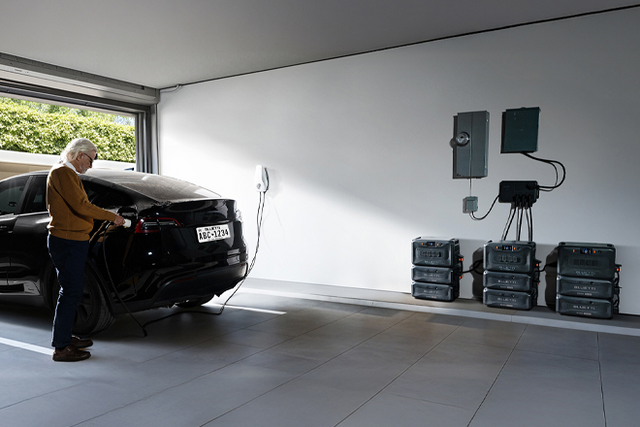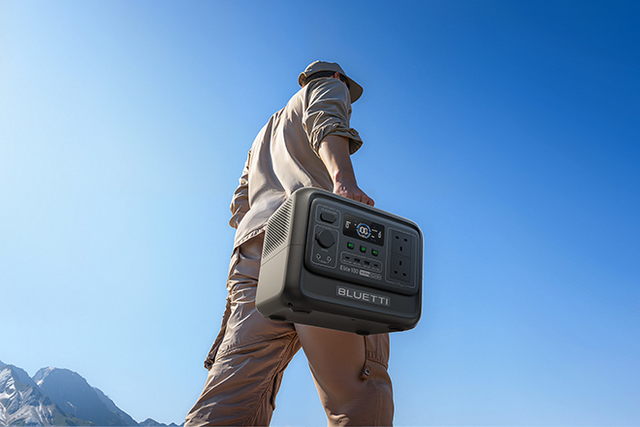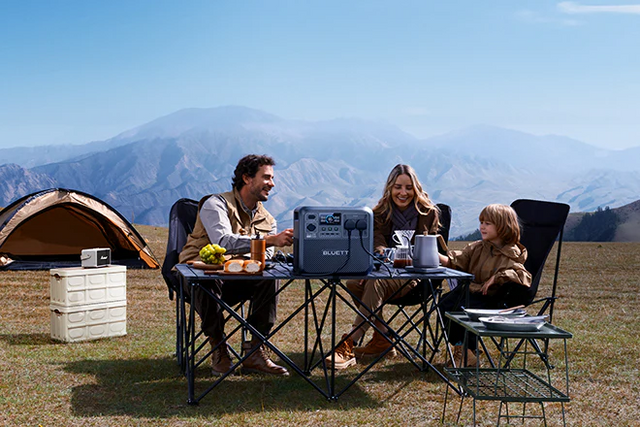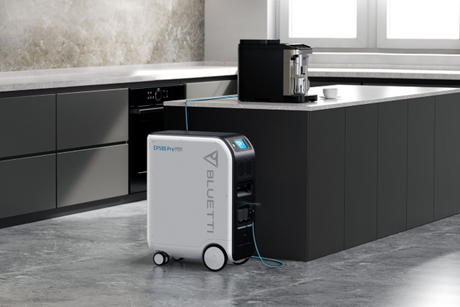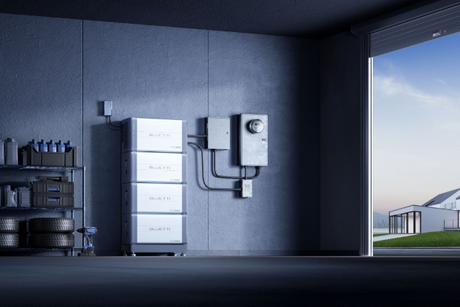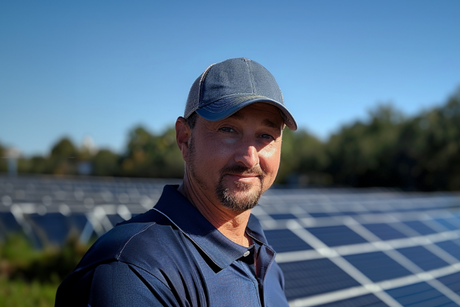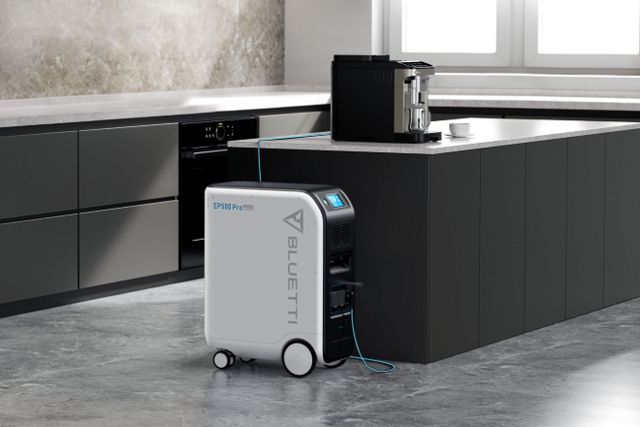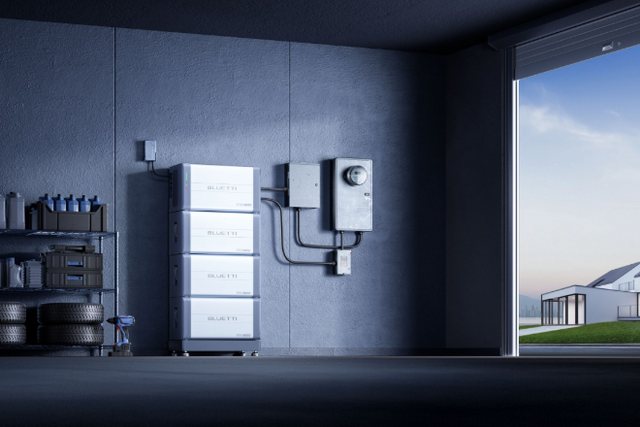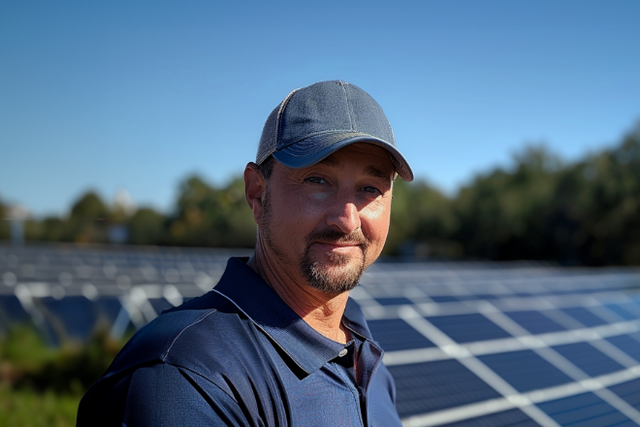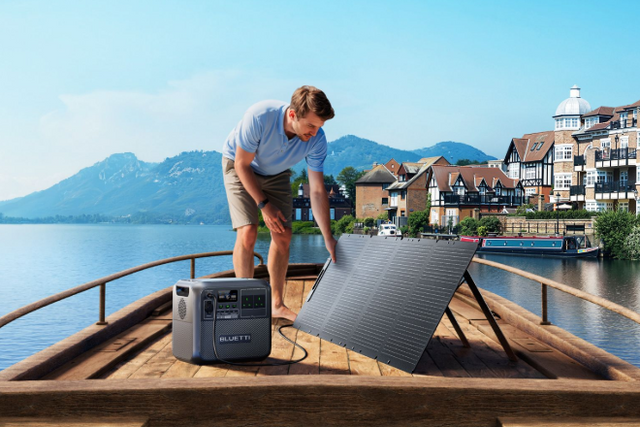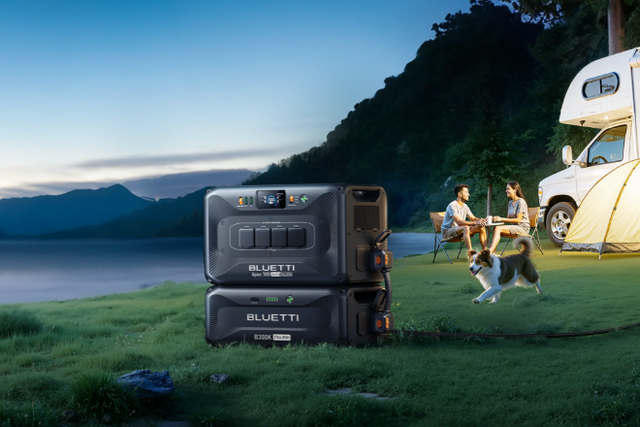The search for a dependable energy solution to our electricity needs has buoyed an ongoing exploration of many different kinds of generators. One such solution that’s been receiving a lot of attention recently for its popularity and usability is the Liquefied Petroleum gas (LPG) generator. These ingenious power devices aren’t just about functionality; they offer tons of advantages that make them a great option for a power solution. That being said, with all good things there are some bad—this article offers a deep-dive into the world of LPG generators, touching on everything from their reliability and cost-effectiveness to their environmental impact.
What Is An LPG Generator?
So, what is an LPG generator and what are its uses? In contrast to a solar-powered generator, LPG generators produce electricity by harnessing the energy from liquified petroleum gas, a mixture of propane and butane stored under pressure. When ignited, the LPG converts into gas, combusts, and consequently generates a good amount of electricity, which users can use towards powering their appliances and electronic devices when away from more reliable power sources.
Benefits of Using an LPG Generator
Reliability
One of the biggest pros of LPG generators is their unparalleled reliability. As these devices aren’t reliant on changeable weather patterns or limited resources, they’re able to offer consistent and robust power output. And unlike gas-powered generators, which require fuel that you can only get at a gas station, LPGs use propane which can be purchased in tanks and from many different retailers. This added benefit is quite significant, especially for a device that many people expect to use in emergencies where you may not have access to a gas station. With LPG generators, you can be sure that you’ll be provided with an unwavering supply of electricity regardless of the situation you’re in.
Fuel Shelf Life
Another added benefit is the longevity of the petroleum used within these generators. Unlike traditional fuels like gasoline—which will degrade over time—LPG actually has quite a long shelf life and can be stored for extended periods. Lots of users will purchase several tanks of LPG, which they can store in a shed or basement to be used when the situation calls for it. The longevity of this fuel source means that your LPG generator will always be ready to provide you with energy, as long as you’ve got enough LPG for it. Also, for those located in a colder climate, propane can be a preferred source of fuel as it doesn’t thicken during the cold months and will generally not offer the temperature-related issues of other fuel sources like diesel and gasoline.
Clean(er) Fuel
Compared to other fuel sources, propane is a quality and clean-burning fuel. This means that, when you use your LPG generator, you’ll be reducing the amount of pollutants released in the environment. Some studies suggest that a propane generator will produce as much as half the amount of carbon monoxide as a gasoline generator, and this is a huge benefit for those looking for an environmentally-conscious power solution. With that in mind, the environmental impact of LPG generators is still significantly higher than solar-powered solutions like the BLUETTI AC200P.
Affordability
One final benefit to keep in mind about LPGs is their affordability. When you invest in an LPG generator, you’re making a long-term commitment to cost-savings, and while the initial investment may feel higher than that of gasoline or diesel generators, the economical operation of LPG generators will ultimately produce a balancing effect over time. This is because LPG is typically cheaper per unit of energy than many other fuels—and it’s true that propane is less energy-dense than other fuel sources like diesel or gas, it’s also more affordable and operates more cleanly.
Drawbacks of Using an LPG Generator
Frequent Maintenance
One thing to keep in mind with LPG generators is that they require regular maintenance to continually provide optimal function. Due to the fuel source, there’s a risk of gumming from residual propane buildup; that being said, these concerns can be easily managed as long as you make sure to take them in for regular servicing. With care, an LPG generator can remain a dependable power source for several years, but it’s good to be aware of the extra costs you may have to cover to keep the machine properly maintained.
Installation Can Be Difficult
Another drawback of using LPG to generate power is the installation process. Because these devices require propane (which comes in tanks) to create power, plumbing needs to connect the LPG generator to the tanks. For this sort of installation job, you will most likely need to bring in an expert to do the job safely, unless you are particularly comfortable with this sort of plumbing installation.

Fuel is Rapidly Used
A central con of using LPG generators is how quickly you will run through propane. This fuel source goes very quickly, so it’s essential to have lots of it available, especially if this is something you will be relying on during an emergency. For lots of potential buyers, this can be a big detractor; many will opt for either a gas generator or a solar power generator, like the BLUETTI AC300, which requires less fuel accumulation than their LPG counterparts.
Maintenance
Finally, one of the biggest drawbacks of LPG generators is how much maintenance they require in contrast to other types of generators. These devices need to be regularly maintained, to operate both correctly and safely, and the added cost and inconvenience of maintaining LPG generators is often why people will opt for another option.
LPG Generators vs Solar-Powered Generators
As you can see, there are a number of considerations when it comes to LPG generators. There are many drawbacks and benefits to using this sort of generator, and deciding on whether or not to invest in an LPG generator ultimately comes down to many factors including budget, geography location, access to fuel, and environmental considerations. An important question to answer, though, is: how do these generators compare to the solar generators offered by BLUETTI?
LPG generators deliver consistent power irrespective of weather or daylight conditions, making them a highly reliable choice for those living in areas with changing weather patterns. If you happen to live in a very sunny area where you know you’ll have access to consistent sunlight, then a solar-powered generator can be almost as reliable as an LPG generator.
When it comes to cost, choosing between a solar and LPG generator comes down to your economic priorities. The initial costs for financing an LPG generator are lower, but they require continuous refuelling, leading to ongoing expenses. In contrast, solar-powered generators typically require a higher initial investment but will require virtually no costs after the initial purchase.
While cleaner than most fossil fuel-based generators, LPG generators still emit greenhouse gases. If you’re looking to reduce your carbon footprint, then LPG generators might not be the choice for you. Solar generators produce zero emissions, harnessing free and renewable sunlight, and as a result, are a step towards sustainability.
Finally, something to keep in mind is maintenance. Solar generators, like the BLUETTI AC200P, will require virtually no maintenance—all you might have to do is wipe the panels every once in a while to keep them clean of debris. On the other hand, LPG generators will require more or less regular maintenance from professionals, which can be costly and inconvenient.

Should You Invest in an LPG?
In the quest for reliable power solutions, LPG generators have emerged as a compelling option, with their dependable output, long shelf-life fuel, reduced pollutants, and affordability. But like any choice, they come with potential downsides, such as ongoing maintenance needs, the requirement for expert installation, quick fuel consumption, and environmental impact compared to cleaner alternatives. Each power solution offers unique benefits, and the choice essentially boils down to individual needs, budget, geographical location, and ecological concerns.
LPG generators provide steadfast power regardless of weather conditions, making them a reliable choice for regions with erratic weather. However, their running costs can add up to the need for continuous refuelling. Solar generators may require a higher initial investment but virtually no subsequent operational costs, offering long-term economic and environmental benefits. And while LPG generators emit fewer greenhouse gases than their fossil fuel counterparts, they are not as eco-friendly as solar generators that produce zero emissions.
Ultimately, whether it’s the unwavering reliability of an LPG generator or the sustainable, low-maintenance appeal of a solar generator, the decision for what kind of generator to choose will be a reflection of personal needs and environmental ethos. For the best environmentally friendly options, make sure to check out the range of solar generators offered by BLUETTI.
Shop products from this article
You May Also Like

Winter Fuel Payment: Eligibility, Payment Dates, and Winter Energy Tips
Winter Fuel Payments are the best source for pension-age households to manage rapidly increasing winter energy costs. Explore more on the eligibility, payment dates, allowance amounts, and practical winter energy...

Sodium-Ion vs Lithium-Ion Battery: The Real Science behind Cold Weather Battery Drain
Why is sodium-ion battery often considered more reliable in winter? Do you know the real science behind it? In this guide, you will explore the comparison between lithium-ion and sodium-ion...

Oven Power Consumption Explained: How Much Electricity Does Your Oven Use?
Have you ever thought about how much electricity your oven uses? What's the power rating in UK homes, or the associated cost with it? Discover some tips to reduce your...


